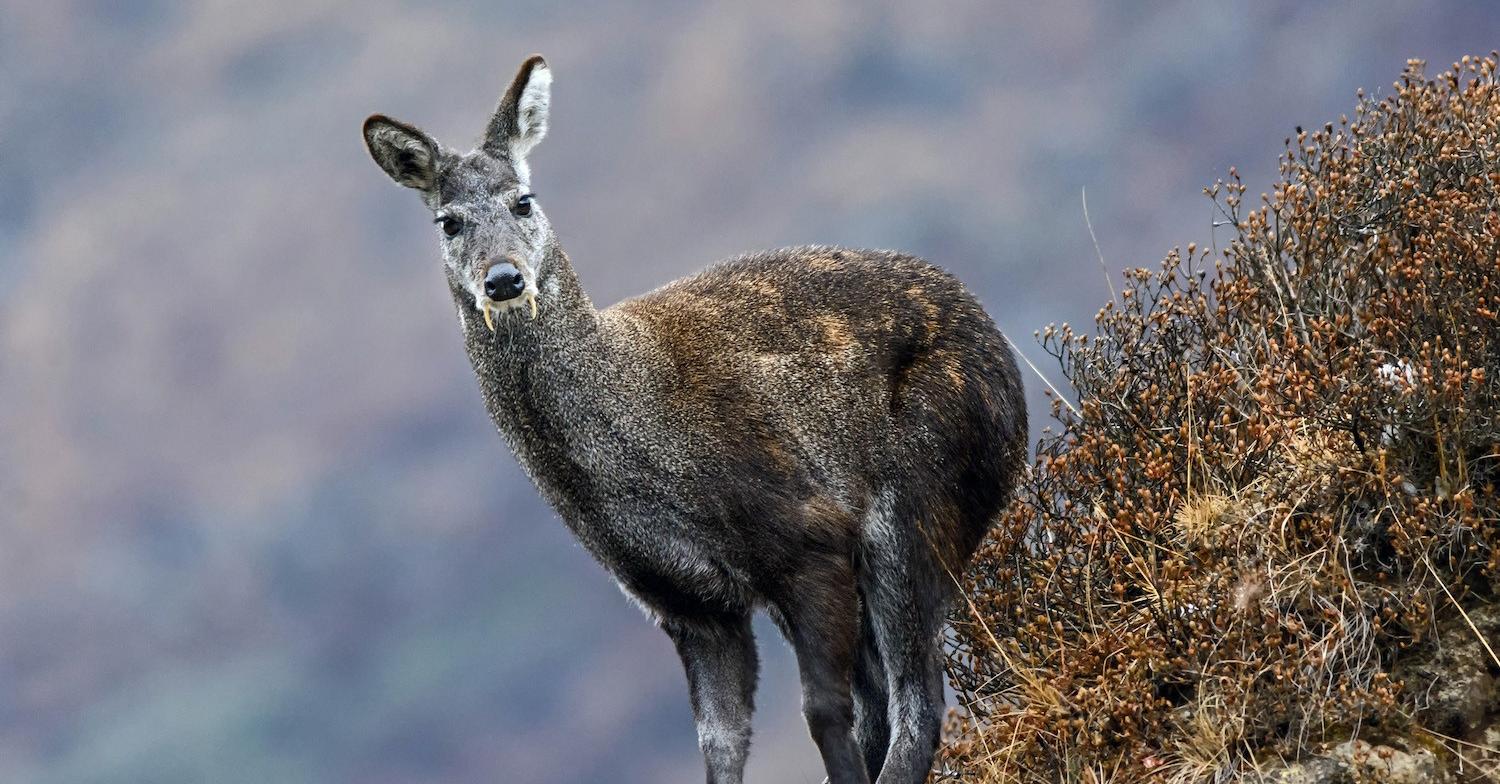Are you curious to know what is kasturi? You have come to the right place as I am going to tell you everything about kasturi in a very simple explanation. Without further discussion let’s begin to know what is kasturi?
Kasturi, often referred to as musk, is a mystical and highly valued substance in the world of fragrance and perfumery. For centuries, it has captivated the senses and found its place in various cultural and religious practices. In this blog post, we will delve into the enchanting world of kasturi, exploring what it is, its sources, uses, and the allure it holds in the realm of scents.
What Is Kasturi?
Kasturi, or musk, is a natural substance known for its potent and alluring fragrance. It is obtained from the secretions of certain animals, primarily the musk deer (Moschus spp.), although other animals like muskrats and muskoxen also produce similar compounds. The term “kasturi” is often used in South Asia, while “musk” is more widely recognized in the Western world.
Key Characteristics Of Kasturi:
- Aromatic Profile: Kasturi possesses a unique and complex scent characterized by its sweet, earthy, and musky notes. This distinctive aroma has made it a prized ingredient in perfumery.
- Natural Origin: Kasturi is a natural substance derived from the glands of specific animals. Musk deer, in particular, have been historically hunted for their musk, although international regulations and conservation efforts have limited its use.
- Fixative Property: Kasturi is renowned for its fixative properties in perfumery, meaning it helps prolong and enhance the longevity of other fragrances.
Sources Of Kasturi:
Historically, kasturi was primarily sourced from the glands of musk deer, which are native to regions like the Himalayas and Siberia. The extraction process involves carefully collecting the musk pod from the deer’s abdomen, a procedure that requires expertise and precision.
In contemporary perfumery, synthetic alternatives to natural musk are often used due to ethical and conservation concerns. These synthetic musks replicate the aroma of natural kasturi while avoiding harm to wildlife.
Cultural And Spiritual Significance:
Kasturi holds deep cultural and spiritual significance in various traditions:
- Ayurveda: In traditional Indian medicine (Ayurveda), kasturi has been used for its potential therapeutic properties, including its use as an aphrodisiac and a remedy for certain ailments.
- Religious Practices: Kasturi is sometimes used in religious ceremonies, where its fragrance is believed to invoke a sense of spirituality and reverence.
- Perfumery: Kasturi has been a prized ingredient in perfumery for centuries, adding depth and complexity to fragrances. Its use continues to be cherished by perfumers worldwide.
- Traditional Medicine: In some traditional medicine systems, kasturi has been applied topically for various skin conditions.
Conclusion
Kasturi, with its captivating fragrance and rich history, remains an enigmatic substance that has fascinated humans for centuries. While its use in perfumery and traditional practices persists, it is essential to recognize the ethical and conservation concerns associated with harvesting kasturi from animals. As a result, the world of fragrance has embraced synthetic alternatives that replicate the alluring scent of kasturi without harming wildlife. Whether in its natural or synthetic form, kasturi continues to hold a special place in the world of scents, evoking a sense of mystique and allure that transcends time and borders.
FAQ
Where Does Kasturi Come From?
Musk, also known as kasturi or deer musk, is an attar that’s originally derived from a male deer belonging to the Moschidae family. Characterized by their fang-like saber teeth, they are predominantly native to parts of Tibet, India, Pakistan, Afghanistan, China, Siberia, Mongolia and North Vietnam.
What Is Kasturi Used For?
Kasturi manjal heals a host of skin ailments and has been used traditionally for curing acne, acne scars, eczema, pigmentation, dark circles, pimples and for uplifting skin glow and radiance. The ideal way to use Kasturi manjal for skincare is in the form of face packs and bath powders.
What Is A Kasturi Made Of?
Kasturi or Deer musk is a substance with a persistent odor, obtained from a gland of the male musk deer situated in its back/rectal area. The substance has been extensively used as a perfume fixative, incense material, and medicine, since ancient times.
How Does Kasturi Smell Like?
This kasturi attar has a spicy, warm, woodsy, earthy aroma. It makes a perfect alternative to expensive deer musk oil and much better substitute for its long lasting quality.
I Have Covered All The Following Queries And Topics In The Above Article
What Is Kasturi Price
What Is Kasturi Deer
What Is Kasturi In English
What Is Kasturi Good For
Kasturi Price 1 Gram
What Is Kasturi Made Of
Where Is Kasturi In Deer Body
Deer Kasturi Price
What Is Kasturi
What is Kasturi used for
